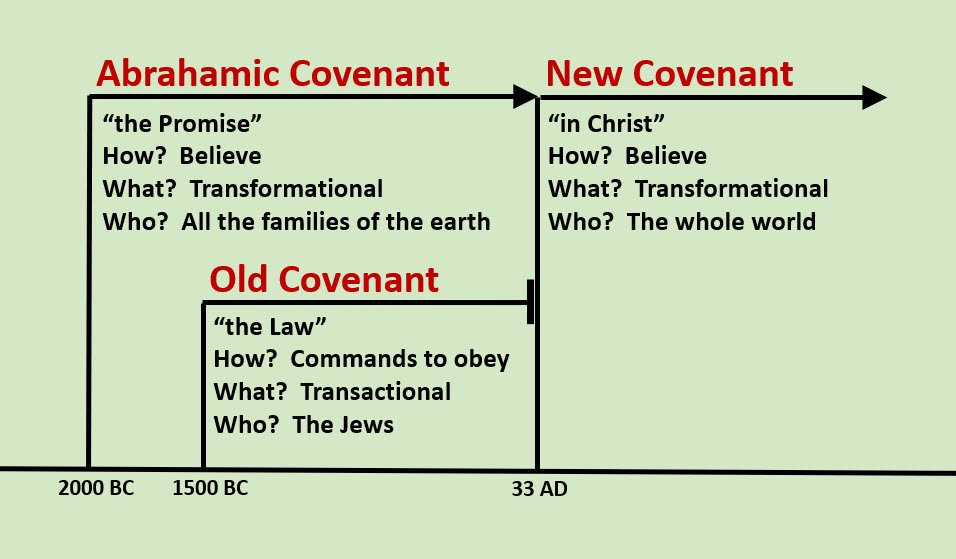I have been doing business with Fed Ex for several decades. Like most of you, I would recognize their logo immediately. The blue and orange letters are striking. But in just the past year, a friend showed me something in the logo that I had never seen. This may be old news to you, but it was brand new to me.
Between the orange capital E and the orange small x is a white arrow. Do you see it? It looks so clear to me now, but I had never noticed it. And the strangest part of this revelation to me is that now that I know it is there, I can’t unsee it. Every time I see the Fed Ex logo on a truck or store or package, ALL I SEE is the white arrow. Literally. I don’t see the letters. I don’t see the colors. I don’t see anything except the white arrow. It is all I see. The rest of the logo fades to dim.
I was thinking as I passed a Fed Ex truck on the freeway yesterday, that this logo revelation is the same way I see our freedom in Christ in the Scriptures. Now that I have been captured by the complete gospel – Christ died for our sins, we are fully forgiven, Christ is living His resurrected life through us, His new covenant has given us a new heart, a new nature, a new identity, a new power, and a bunch of other new stuff – I can’t unsee it. When I read the New Testament, this complete gospel of grace leaps off the pages to me. I see it everywhere.
There was a time in my past when I was reading the Bible as if I was studying the blue and orange Fed Ex letters. I saw the words. But the words were contradictory, mysterious, confusing, a complicated list of commandments. Shame, grace, condemnation, mercy, law, love, punishment; a confusing mix.
Then the light of grace shown through. The promise and provision of the new covenant became clear. So much of the New Testament now fits the overarching message of grace that Jesus came to initiate and the apostles sought to explain. Now the Scriptures are a giant white arrow pointing to our freedom in Christ that was won at the cross.
The world of shame, condemnation, penance, and punishment have been put in their place; in the rear-view mirror once we have believed the gospel message of Jesus Christ. And we are now walking in the world of love, forgiveness, acceptance, grace, and freedom that Christ brought to us. Can I encourage you? Follow the white arrow that points to Jesus; the embodiment of grace, the mediator of grace, the giver of grace. His death and resurrection delivered to us a new life; a new life of freedom in Christ.


